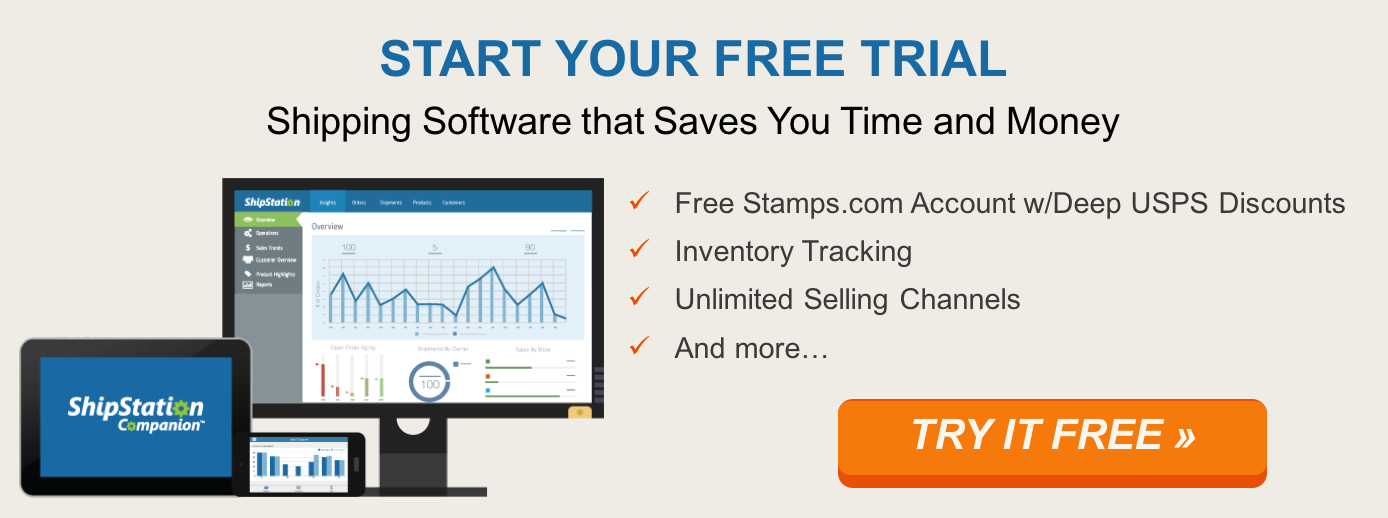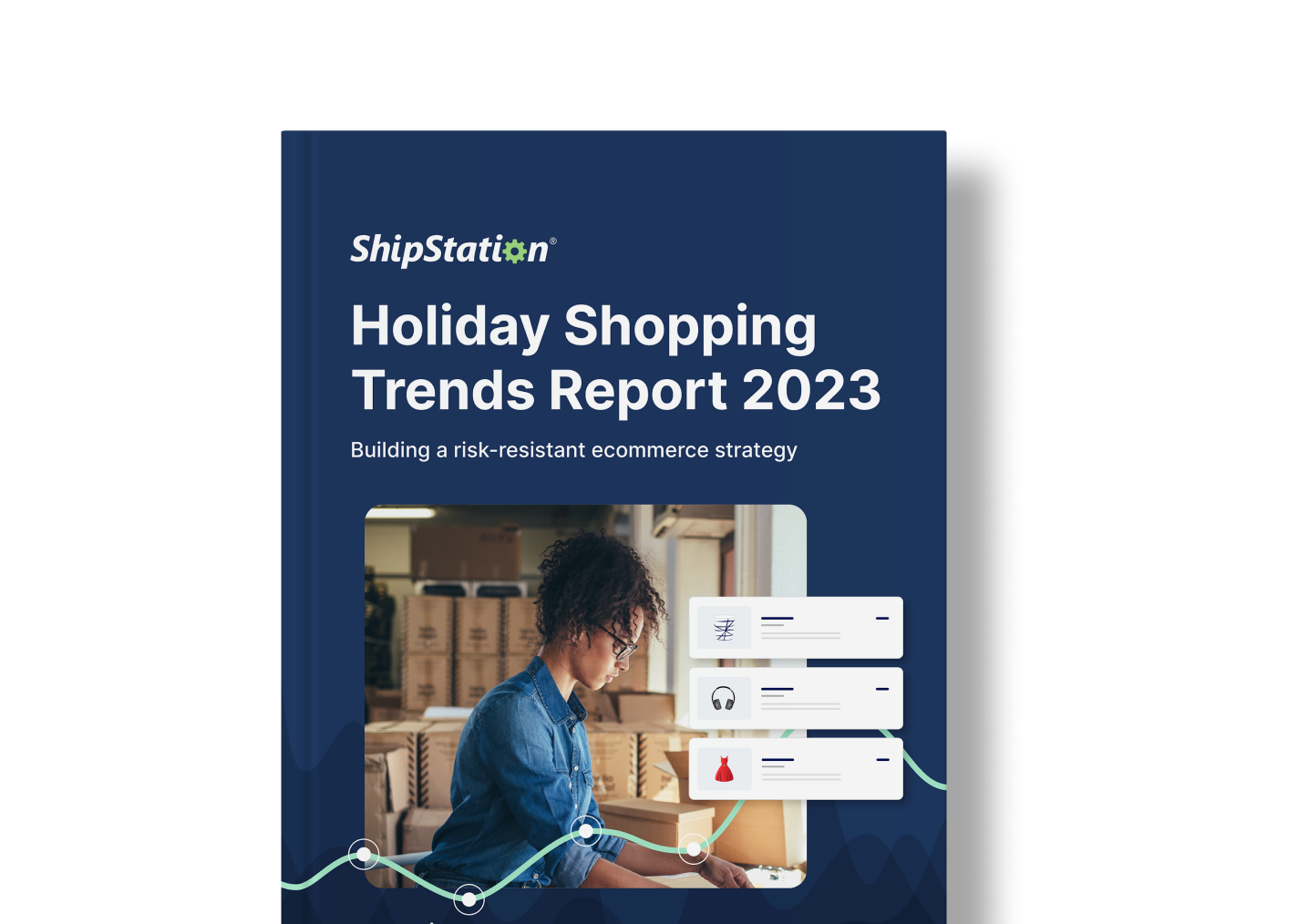January is the Deadline for Most Online Sellers to File Sales Tax Returns
One of the financial challenges facing online retailers is collecting and remitting the appropriate sales tax on customers’ purchases. Currently, 45 states and the District of Columbia charge sales tax, as do many local municipalities. But with the start of the new year, you should be sure you know how to file your monthly, quarterly or annual sales tax returns in January.
Sales tax rules are different in every state. For example, some charge sales tax on shipping fees, while others do not. Your accountant or tax advisor can guide you through the maze to be sure you comply with local and state regulations. Other sources of advice include Nolo’s 50-State Guide to Sales Tax Laws and services from sites like Avalara and TaxJar.
Here’s how to collect and remit the right amounts and avoid expensive penalties for noncompliance.
- Find your ‘nexus.’ When paying sales tax, one of the basic concepts is “nexus.” That means you have sales tax obligations in states where you have a significant physical presence, such as your office, your warehouses, or your work-at-home employees. So, if you have an office in California and a warehouse in New Jersey, you would have to pay sales tax on all purchases in those two states. If you use a third-party fulfillment service, your nexus will probably include that company’s distribution centers, as well.
- Obtain any missing sales tax permits. After reviewing your nexus, be sure you have sales tax permits (or sales tax license) for all applicable states and local areas. Most states will not allow you to collect sales tax without a permit, and you will need that permit number to file your return.
- Determine the applicable tax rate. Some states require you to collect sales tax at the rate in effect at the “point of origin,” such as your office, while others require the rate at the buyer’s address or “point of destination.” In addition, some cities have approved an additional sales tax, so the rate can vary significantly within the same state.
- Know your deadlines. Most states require a monthly, quarterly or annual remittance, depending on the volume of sales in that state. The most common deadline is the 20th of each month, but many states require payment by different dates. Some states will let you claim a sales tax discount for filing on time, but if you miss the deadline, you may have to pay a significant penalty.
- Know how to pay. Most states and municipalities will allow you to file your sales tax return and make your payments online. That is usually a more convenient procedure than mailing a check with a paper form to the state. Filing online also provides you with a convenient record of payment.
- Invest in a sales tax application or service. As an online retailer, you have more important things to do than worry about 45+ different sales tax rules. A sales tax application that is integrated with your CRM and ordering system can automate the process of collecting the appropriate sales tax on every purchase so that you can remit the right amounts in January or any other collection period.
- Configure your other sales platforms. In addition to putting your own sales tax application in place, be sure you set up the sales tax settings in other platforms, such as Amazon or Shopify. Usually, this is a simple step in the “settings” menu, but don’t forget or you will pay the price.
So, take a few moments today to be sure your sales tax collection and remittance processes are solidly in place. Then, you can relax about meeting your January deadlines and obligations for the coming year.






